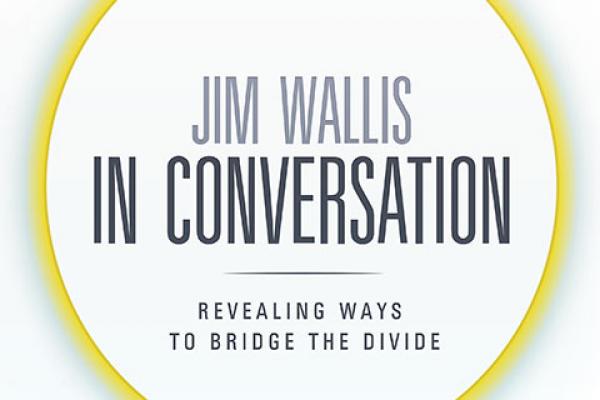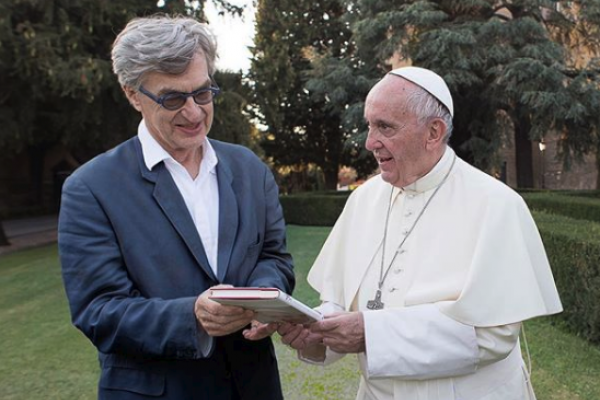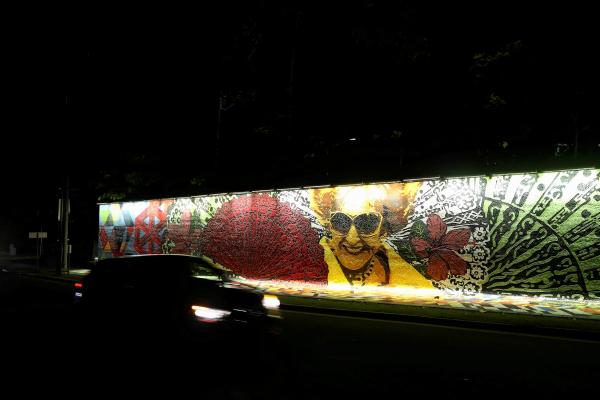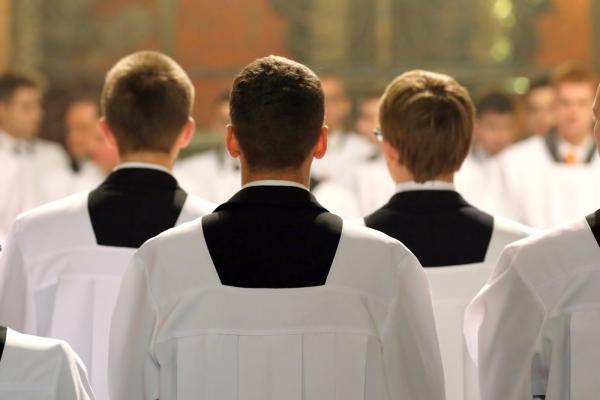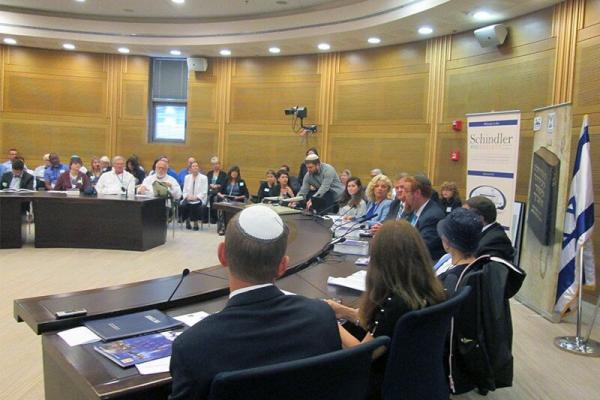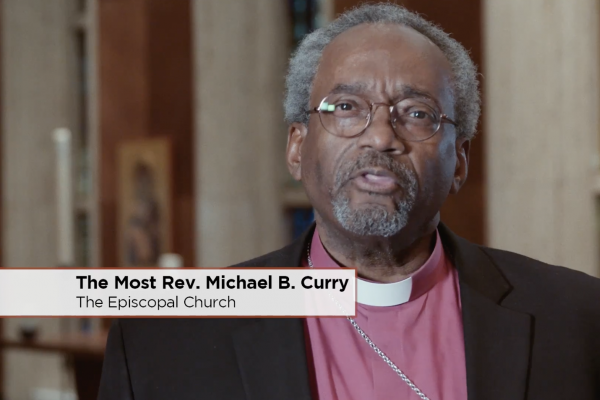President Donald Trump promised Friday at a prison reform summit at the White House that a bill to reform the U.S. incarceration system is “going to be strong, it’s going to be good, it’s going to be what everyone wants.” Members of Congress from both sides of the aisle, though, said the bill does not do enough to address prison reform, making the passing of a bill less and less likely before the midterm elections.
4. David Letterman Just Can’t Figure Out Why He Never Had Women Writers
Letterman brought up the topic in an interview with Tina Fey on his new Netflix show — to not great effect. “If in the previous three decades, Letterman had hired greater numbers of diverse writers, he would have transformed the comedy world. He chose not to, and that’s part of his legacy.”
The most theologically significant prayer at the ceremony, however, was offered by John Hagee, a megachurch pastor from San Antonio. Hagee, a longtime supporter of Israeli policies, thanked the Lord on this occasion “that Jerusalem is and always shall be the eternal capital of the Jewish people.”
Despite the frequency, I have made the decision to allow myself to feel the anger and pain that comes with every example of community profiling, because desensitization feels far more dangerous to me. While this is just a reality for black and brown people, these examples of back-to-back national headlines help provide justification for our outrage and fear. They demonstrate that nowhere seems safe for people of color, and instances like these happen everywhere — including in our own neighborhoods. What cannot be denied is that there is a common thread behind these encounters: A scared white person. For all who feel threatened by even the mere presence of people of color, I have one simple request: Please stop calling the police on us.
"Pope Francis has an enormous capacity to communicate. His words are simple, but clear, and from the heart. He has a great presence that comes from his honesty, his humility, his sense of humor, and his courage."
Following up with Juan after a year of struggle in the wake of the storm, he said, “Puerto Ricans are proud, committed, strong, and ‘pa’lante’ (moving forward). And that includes Muslims.” After the destruction of Hurricane Maria, the month of Ramadan, held special meaning for him. It held hope for “renewal.”
In my experience, seminaries have perpetuated the notion that Jesus can be molded into the salvific order of the day. While the debate regarding Jesus, his nature, his relationship to the Creator have been the source of debate for millennia, we neglect to account for the debate’s effect on believers. For some, Jesus is an activist intentionally resisting empire. To others, he is ethereal and the God of a few. Others see Christ as the leader of a militant, anti-establishment sect. And to a select few, Jesus is simply “their homeboy”.
“For evangelical Christians the embassy move is part of eschatology,” the expectation of what will transpire at the end of times,” explained Rabbi David Rosen, director of the American Jewish Committee’s Department of Interreligious Affairs. “The return of the Jewish people to their ancestral homeland and the reestablishment of Jewish sovereignty in Jerusalem is seen as a stage ultimately leading to the full messianic era.”
The Holy Spirit is at work even in the darkness of this political moment. We feel it calling us to reclaim Jesus from those who have appropriated, co-opted, and hijacked his name for worldly power. Will you join us and show the world that the followers of Jesus refuse to be complicit and refuse to be silent?

